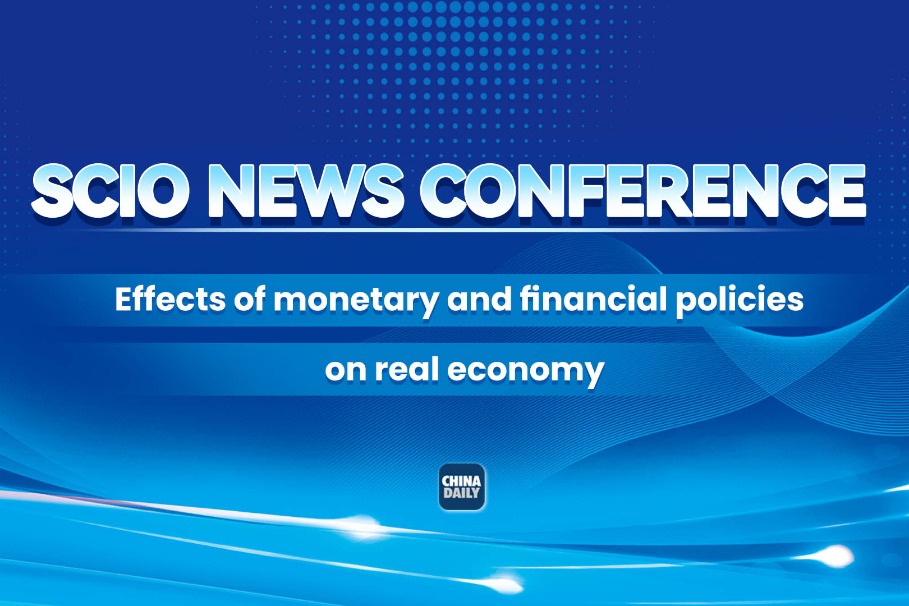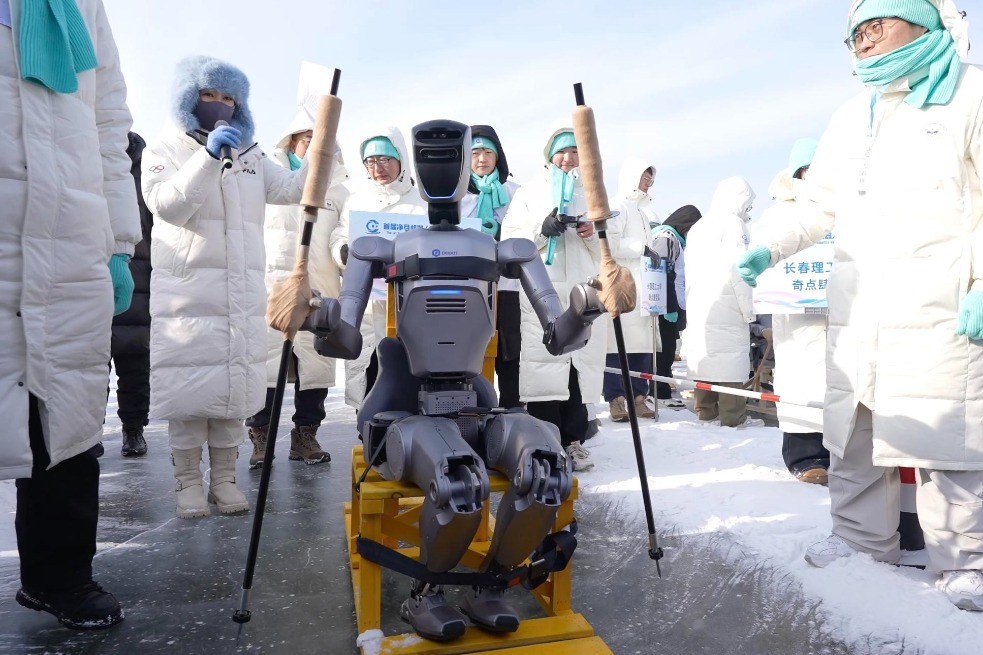Old mentality seen backfiring on Washington
Focus on competition with Beijing will help neither side, US experts warn

The latest major US document on China policy has highlighted "a great power competition" but avoids mentioning the devastating COVID-19 public health crisis, which experts believe has been exacerbated by "strategic competition" and could be resolved only by defusing such rivalry.
"The United States Strategic Approach to the People's Republic of China", sent to Congress on May 20, lays out the US administration's "whole-of-government approach" to China, grounded in all-out strategic competition.
Guided by a return to "principled realism", the report argues that competition necessarily includes engagement with China, but those engagements are "selective and results-oriented" to advance US interests, and the strategy threatens to "increase public pressure" on Beijing and leverage "proportional costs when necessary".
The 16-page paper, however, whose crafting seemed to have traversed the period of the novel coronavirus breaking out explosively in the country, does not make even a passing reference to the COVID-19 pandemic.
A Washington Post column on the US policy document on Thursday carried the headline COVID-19 has brought Trump's warring China factions together.
As of Tuesday morning, the disease had infected at least 5.4 million people globally and claimed the lives of more than 344,000, including nearly 100,000 US citizens, according to a Johns Hopkins University tally.
"The destructive path of #COVID19 has been enabled by this unnecessary strategic competition. End it now and the peoples of America and #China will benefit," the National Committee on US-China Relations said on its Twitter account on Thursday, a day after the release of the paper.
The post promoted an article by Stephen Orlins, the New York-based committee's president, in which he said that the US should recognize that its designation of China as a strategic competitor creates a "self-fulfilling prophecy", and that US-China strategic competition has worsened the impact of the coronavirus.
Since the onset of the coronavirus outbreak, many US researchers and scientists have called for a ramping-up in the sharing of best practices and pandemic information between the two countries while retiring the blame game.
Deborah Seligsohn, an environment, science, technology and health counselor at the US embassy in Beijing from 2003 to 2007, and now a political scientist at Villanova University in Pennsylvania, told China Daily: "We need to increase our research cooperation on diagnostics, treatment, vaccines-the full range of tools to address this pandemic. We need to be working together."
Orlins wrote: "The crisis perfectly illustrates why the US and China must cooperate. While the two countries will compete economically and diplomatically, strategic competition-with the accompanying suspicion, restrictions on economic activity and increased defense spending-only harms the American and Chinese peoples."
Reciprocal steps
But if strategic competition were put aside, a number of reciprocal steps could be taken, including establishing a careful definition of national security accepted by both countries so that job-creating investments and exports can continue to flow, narrowly limiting visa denials and assuring the Chinese do the same, according to Orlins.
Orlins was not alone in railing against what he branded as "unnecessary strategic competition" between Washington and Beijing at a time when the pandemic crisis is still raging.
Instead of "great power competition", Frank L. Smith III, director of the Cyber& Innovation Policy Institute at the US Naval War College, said success in combating the global threat of the novel coronavirus depends on a "great-power concert".
The Chinese Foreign Ministry, in commenting on the newly unveiled US strategic approach to China on Friday, said China-US relations are now at a critical juncture. It urged the US side to abandon its "Cold War mentality and ideological bias" and view China and China-US relations in an "objective and rational" way.
Days before the release of the US policy report, Robert B. Zoellick, former US trade representative and deputy secretary of state, said proponents of heightening the conflict with China understate the diplomatic successes of recent years.
In an op-ed article titled The US Doesn't Need a New Cold War, Zoellick said the "New Cold Warriors" can't contain China, given its ties throughout the world. "The US can impose costs on China, but to what end, and at what price to Americans?" he wrote in The Wall Street Journal on May 18.
Zoellick, also a former World Bank president, said it is "flat wrong" to suggest that working with China has not served US interests, adding that "self-deception will lead to dangerous diplomacy".
Today's Top News
- PBOC cuts rates on targeted monetary tools
- Legal tools essential for AI regulation
- China calls for dialogue on Iran situation
- Denmark rebuts Trump's Greenland security claims
- China, Canada vow to enhance bilateral ties
- Xi's speech at Central Urban Work Conference to be published






























